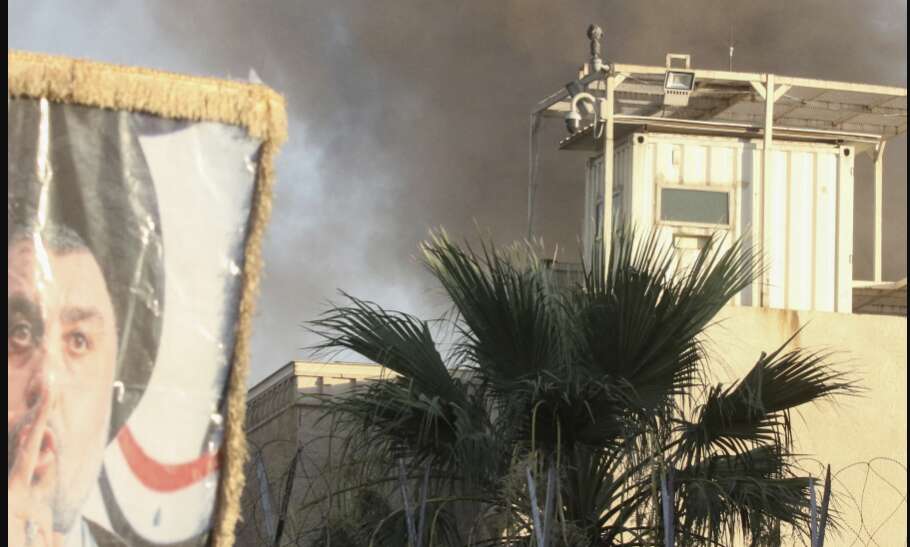Quran Desecration Triggers Global Outrage, Protests and Diplomatic Expulsions in Sweden and Iraq
Muslim nations express outrage and condemn the desecration of the Quran in Sweden, leading to protests and the expulsion of Sweden's ambassador from Iraq. International community calls for prevention of future desecrations.
In a series of events that unfolded over the past month, Muslim nations have expressed their outrage over the desecration of the holy Quran in Stockholm, Sweden. The incident, orchestrated by Salwan Momika, an Iraqi refugee residing in Sweden, has sparked protests in both Sweden and Iraq, leading to the expulsion of Sweden's ambassador from Iraq. The incident occurred on June 28, when Momika publicly tore and burned the Quran in front of Stockholm's largest mosque, during the Islamic Eid al-Adha festival. While the book was not burned as originally threatened, the act was seen as a deep insult to the Muslim community, leading to widespread condemnation.
#Quran Burning in #Sweden Cause #Muslims To Rise Up And Show Real Image Of #Islam #Muslim_Identity #Pakistan #PakistanArmy #PakistanCricket #ImranKhanPTI #MISAMO #fridaymorning #aerovia #BBNaija #JungKook #Sismo #JungKook_Seven SUPARCO "Pakistan Shaheens" #Youmetilawatequran pic.twitter.com/78hyL6RYW1
— Sheikh Nabeel (@SheikhNabeel786) July 14, 2023
The outrage quickly spread to Iraq, where supporters of influential Shia religious and political leader Muqtada al-Sadr called for the burning of the Swedish embassy in Baghdad. On Thursday, protesters stormed the embassy, setting parts of the building on fire. This act prompted the Iraqi government to expel Sweden's ambassador in response. The desecration and subsequent protests have not only stirred emotions in Sweden and Iraq, but also in other Muslim-majority countries such as Turkey, the United Arab Emirates, Jordan, and Morocco. These countries have decried the incident, labeling it as racist, irresponsible, and hostile to Islam.
The international community has also joined in the condemnation of the Quran burning. The Turkish President, Recep Tayyip Erdogan, strongly criticized Sweden, emphasizing that insulting the sacred values of Muslims is not freedom of expression. The United States Department of State rejected the incident, while also urging Turkey to approve Sweden's NATO membership bid. In response to the incident, the Organisation of Islamic Cooperation, consisting of 57 countries, called for international laws and collective measures to prevent future Quran desecrations.
The United Nations Human Rights Council also approved a resolution on religious hatred and bigotry, although it is not legally binding. The desecration of the Quran has evoked strong emotions not only within the Muslim world but also among religious leaders and communities across the globe. Pope Francis expressed his anger and disgust over the desecration, while Muslims in Pakistan held rallies to observe a Quran Sanctity Day. As tensions continue to rise, it remains to be seen how these events will impact international relations and the freedom of expression debate. The incident has certainly highlighted the need for greater respect and understanding between religious communities, and the importance of preventing acts that incite religious hatred.




